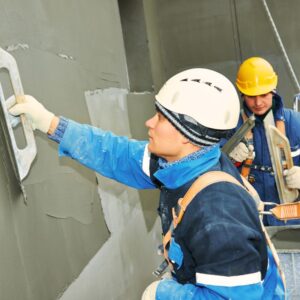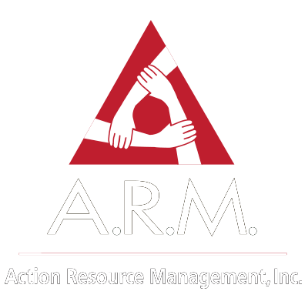 Winter safety tips for outdoor workers — While winters in Southern California are about as mild as they get in the United States, it’s still important for outdoor workers to stay on top of safety. There are more risks than you might suspect — read on.
Winter safety tips for outdoor workers — While winters in Southern California are about as mild as they get in the United States, it’s still important for outdoor workers to stay on top of safety. There are more risks than you might suspect — read on.
Sun exposure
Protect yourself from sun exposure. The sun’s rays can be strong in southern California, even in winter. Sunburn and skin cancer are serious risks for outdoor workers, especially those who work at high altitudes or near reflective surfaces. Wear sunscreen, sunglasses, a hat, and long sleeves and pants to shield your skin from the sun. Take breaks in the shade and drink plenty of water to stay hydrated.
 Dress appropriately
Dress appropriately
Dress appropriately for the temperature. The temperature can vary widely in southern California, depending on the time of day, the location, and the wind. Dress in layers that you can add or remove as needed. Wear warm, breathable, and water-resistant clothing, gloves, and shoes. Avoid cotton, as it can get wet and lose its insulating properties. Wear a hat and scarf to prevent heat loss from your head and neck.
Heat illness and cold stress
Avoid heat illness and cold stress. Heat illness can occur when the body overheats and cannot cool down. Cold stress can occur when the body loses heat faster than it can produce it. Both conditions can cause serious health problems, such as heat stroke, heat exhaustion, hypothermia, and frostbite.
To prevent heat illness and cold stress, monitor your body temperature and symptoms, drink fluids regularly, avoid alcohol and caffeine, and take breaks in a comfortable environment. If you notice signs of heat illness or cold stress, stop working, seek medical attention, and report the incident to your supervisor.
Fire and chemical hazards
Be aware of fire and chemical hazards, which can be present in outdoor workplaces, such as flammable liquids, gaseous materials, and hazardous chemicals. Follow the safety rules and procedures for handling, storing, and disposing of these substances. Use appropriate personal protective equipment (PPE), such as gloves, safety glasses, and respirators. Keep fire extinguishers and first aid kits nearby. If you encounter a fire or a chemical spill, alert your coworkers, evacuate the area, and call 911.

Learn more about this topic from this OSHA Alert.
Find out how A.R.M. can help you and your business.

